The issue of education is very relevant in modern enterprises. A prerequisite for the quality performance of functions by an employee is the development and effective functioning of the knowledge update system and its competence. These areas are especially important for budget workers in the field of municipal procurement. The fact of how effectively the process of state and municipal procurement in the contract system will be organized depends on the level of knowledge of the employee. Therefore, questions of advanced training in this area with the application of Federal Law No. 44-FZ will be discussed in this article.
Concept
Despite the requirements that apply to an employee of a certain company, he must have certain abilities and have the appropriate level of training to realize his own goals and obligations at the workplace.
This is necessary in order to perform their functions at the proper level, that is, regardless of the work of the company, the employee must possess the necessary knowledge in the professional field.
However, if in some enterprises all the skills can be obtained specifically in the process of work, then some types of professions require a training course and verification in the form of a test or exam.
Then the employee should be assigned a certain degree of qualification.
Concepts such as “qualification” and “specialty” should not be confused. The specialty determines the area in which the employee works, and the qualification shows the degree of his readiness to fulfill obligations in his field of activity.
The concept and essence of qualification
In labor relations, the concept of "qualification" characterizes the level of training of the employee, as well as the degree of manifestation of his professional properties and qualities for compliance with professional requirements and professional standards.
Qualification requirements may vary by field of activity.
The doctrine on the qualifications of employees arose in the Labor Code of the Russian Federation not so long ago. Federal law dated 03.12.2012 and No. 236-ФЗ introduced a new article 195.1 in the Labor Code of the Russian Federation, in which the legislator stipulated that the qualification of an employee is the level of knowledge, ability, professional talent and experience of the staff.
A qualification document is able to confirm:
- professional development based on the results of additional professional education (the proof is a certificate or a diploma of retraining);
- assignment of a class, rank, category based on the results of vocational training (the fact is confirmed by a certificate of the employee’s profession, employee position).
Qualification properties needed for an employee to implement a certain type of professional work are called professional standards and standards.
Currently, there is an active development of such standards. There are more than 800 of them.
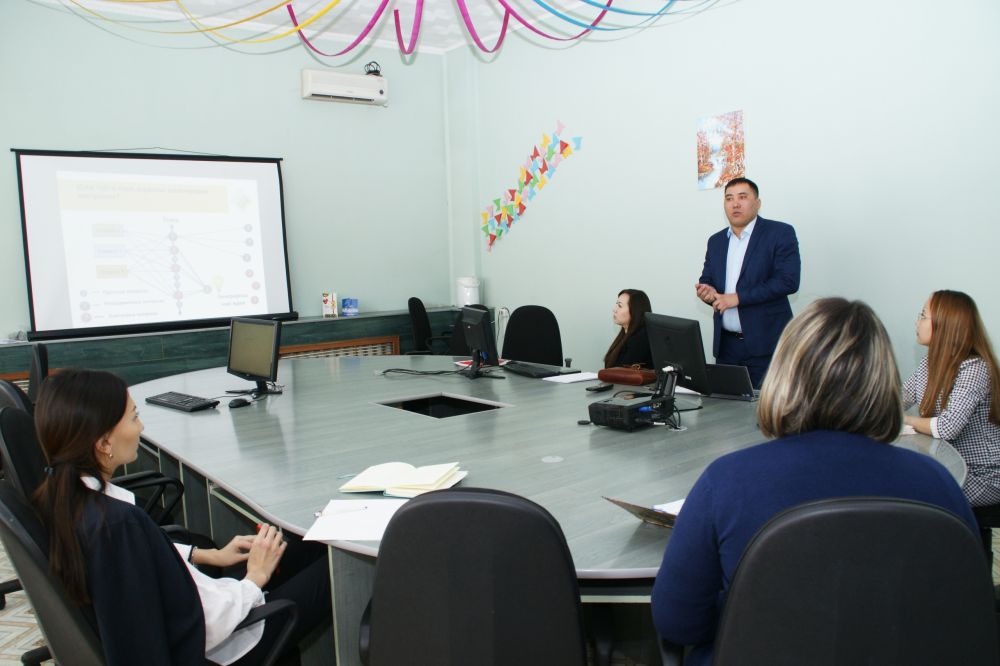
The essence of continuing education
Further training issues are covered in detail in Law No. 44-FZ.
Increasing the level of qualification is the formation of updated theoretical and practical knowledge, the growth of the qualification coefficient of professionals in connection with the ever-increasing requirements for their specialty.
Retraining courses can be conducted only by those who already have a diploma of secondary or higher professional education.
Further training is aimed at strengthening and increasing the professional knowledge and abilities of an employee.
The main objective of this training is to satisfy the need for professionals in obtaining the full range of necessary information in the field of new scientific merit and knowledge, as well as advanced foreign and Russian experience in any field.
The value lies in updating the practical and theoretical knowledge of professionals in connection with the increasing demands of the employer on the literacy level of employees of different professions.
Usually, studies are conducted once every five years throughout the entire work cycle of the employee.
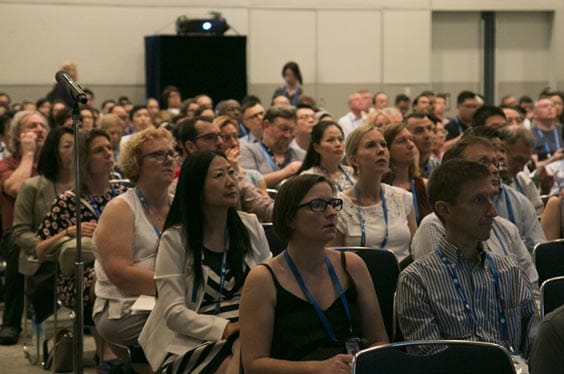
Goal and tasks
According to the law 44-FZ, with advanced training it is necessary to follow the main goals and objectives of the process.
The task of the educational process is the formation of improved theoretical and practical knowledge of employees in connection with overstated requirements for the level of their qualifications and the need to develop modern ways to solve professional issues.
In order to increase the skill of the employee, the employer organizes his training and retraining. Usually, for this task, he resorts to the services of educational organizations. The main tasks of the process:
- Provide employees with new knowledge and skills in a professional sense. This will allow them to express innovative ideas, to cope with various difficulties in their own work.
- Stimulating staff. If the employee receives new knowledge from the organization, he feels that management is thinking about him. Therefore, a person has a desire to increase productivity.
- Lower employee turnover in the company. Training is considered an effective method of dealing with this phenomenon. This principle applies even when incentives do not help.
- The diffusion of new technologies. At the moment, there is a time of computers and the highest speed of their development. It is necessary to improve the processes of working with them among staff.
- Own staff training. This is a manufacturing strategy for some companies. They prefer to teach their own employees than to hire a huge number of people from outside.
Kinds
The main types of advanced training in 44-FZ are:
- short-term training (72 hours);
- seminars and master classes (average duration of the course is from 72 to 100 hours);
- long-term, including classes up to 500 hours, which can result in career advancement.
This type of training in almost all enterprises should be carried out every five years. The employer directs employees to such courses only if necessary.
Short-term professional development differs from long-term training in that certain issues are examined in the form of lectures delivered by employees of the same company with the appropriate qualifications.
At the end of such courses, a certificate or certificate is issued.
The purpose of referring to trainings and seminars on a specific topic is to adapt employees to new working conditions. For example, when introducing new technological methods of work or updating equipment.
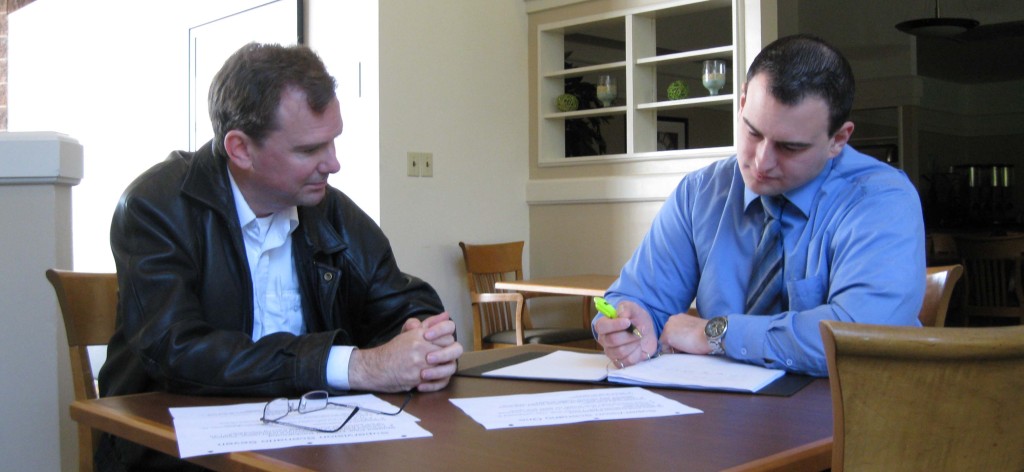
Scopes 44-ФЗ
In accordance with the requirements of the law on the system of contractual agreements, procurement managers are required to have a university degree in procurement.
All clients must create contract services or appoint contract or contract managers. The law establishes requirements for them, one of which is: employees must increase the level of their qualifications and vocational education in the field of the formation of procurement processes through advanced training or retraining.
Contract workers who manage contracts or contracts are required to have higher education or additional professional education in the field of providing wealth. Further training under the contract system 44-FZ is mandatory for a number of positions.
The Ministry of Economic Development of Russia has developed guidelines that are a direct guide to the implementation of actions so that customers can competently carry out their purchases and do not fall under unscheduled inspections and fines of regulatory authorities.
The minimum development period for procurement training programs should be at least 108 hours for the contracting services and procurement departments of the organization. For executives of customer companies, training should be conducted for at least 40 hours.
The main forms: full-time and part-time. There are established deadlines for continuing education in 44-FZ. In absentia - 40 hours, in full-time - at least 16 hours.
Further training in 44-FZ remotely involves the use of computer-based training technologies, including online classes using the Internet. Based on the test results, a certificate of advanced training is issued. Advanced training in 44-FZ remotely is very popular recently.

Characteristics of training courses
Continuing education courses in 44-FZ - this is an educational activity, which is usually conducted in a specially designated place. They are organized in such a way that nothing prevents listeners from perceiving information.
The advantage is that at the end of the training, employee skills will not only increase, but will also be documented.
Search and definition of a training center should be based on the following indicators:
- feedback from those who have already completed the training;
- composition of teachers;
- information about how long the center has been operating;
- the cost of the course.
In these courses, classes are held in small groups from 5 to 30 people. Individual lessons can be arranged.
Professional Development Program
Further training under the 44-FZ program is divided into several important stages. Let's look at them in more detail.
Stage 1. Calculation of the need for training.
First, you need to determine what the need for training in a particular company is. It is defined on several levels.
Factors influencing the need for the process:
- company modernization plan;
- information on whether new technologies will be introduced into production;
- data on whether it is planned to produce a new type of product.
At the level of structural divisions of the company, training is carried out if:
- there are facts of violation of technological processes;
- there is an injury at work;
- the number of cases of defective products has increased significantly.
Stage 2. The choice of teaching method.
It should be noted that Russian companies are increasingly introducing the method of mentoring.
Stage 3. Budget development.
After analyzing the training needs, you need to make a budget.
Stage 4. The choice of teacher.
It is necessary to research feedback, study the activities of the selected center or teacher, its status, awards, etc.
Before choosing a teacher, you need to familiarize yourself with his experience. It is also worth studying documents that confirm his qualifications and level of education. In addition, do not neglect the reviews of other people.
Stage 5. Development of a training program.
If the educational process is planned to be carried out within the company, it is necessary to develop and approve a training program. To do this, it is recommended to take the advice of specialists from the outside, since the specialists who are not always needed work in the company.
Step 6. The process of implementing the selected method.
There are several implementation methods:
- training in special centers;
- training in the company with the invitation of a specialist.
Stage 7. Analysis of the results of the study.
It is necessary to create a qualification commission, set a date for the meeting and notify those who attended the courses. On the established day, this commission conducts testing and gives an opinion on the level of assimilation of new knowledge by the employee.
If he confidently answers the questions of the commission, demonstrates the knowledge gained during the course, the commission decides on the recognition of learning outcomes.
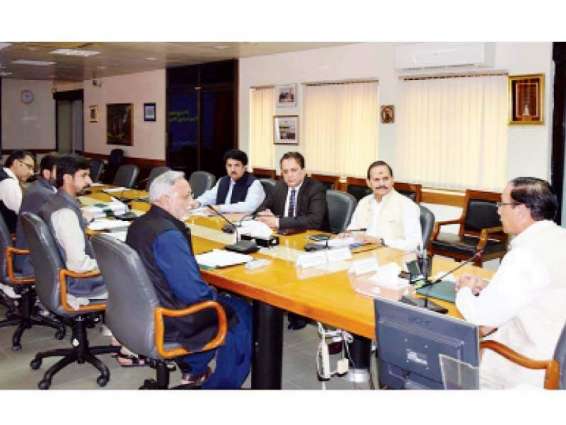
Features of continuing education in procurement
Now, all issues related to the increase of qualifications in the field of procurement under 44-FZ are controlled by management and regulated by regulatory legal acts. The issuance of certificates is also under the supervision of regulatory authorities.
If before that only two small paragraphs were written in the law that were devoted to the qualification requirements of professionals in the field of municipal procurement, then 44-FZ lists more detailed questions that relate to training and further training.
The law says that a contract manager must undergo mandatory procurement training.
Those who are looking for continuing education courses in the field of procurement must confirm that courses in the national contracting system have disappeared recently. This happened because at the stage of studying the draft law, only the name “contract system” remained, and the word “national” disappeared. Currently, according to the plan of measures for the implementation of the law dated 04.04.2013 No. 44-FZ, a special group has been organized that is developing measures to develop a training system for personnel in the field of procurement.
After completion of training, a final certification should be carried out.
For those who wish to undergo retraining outside the workplace, educational institutions conduct distance learning.
To do this, you only need to have access to the Internet, mail and computer experience at the user level.
This is not difficult at this time. Now every modern enterprise has computers and Internet access.
Regarding the validity period of advanced training under 44-FZ, it must be emphasized that all certificates and certificates issued in 2013 as part of the Municipal and State Orders Management program were valid until January 1, 2017. In other words, those who were retrained in 2013 could work calmly in the field of contract service until the indicated date.
The law "On the contract system" is constantly changing, therefore, for those who have old-style certificates, it makes sense not to rush into studying a new program.
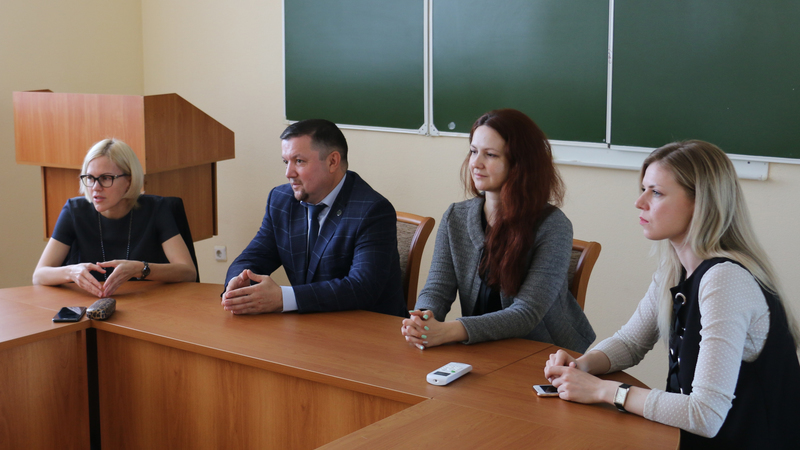
Continuing education in 44-FZ in Moscow
In the capital, you can find many offers from educational institutions on issues related to 44-FZ.
For the purpose of continuing education in Moscow, you can use the services of the Institute of Public Procurement, which deals with advanced training in 44-FZ.
Effective work with state orders of tender specialists requires thorough knowledge of the regulatory framework in the field of municipal, state procurement and the ability to use them to solve non-standard practical problems.
Profile orientation of university students:
- contract service specialists;
- operational procurement staff;
- responsible employees of budgetary organizations that perform certain functions in this area.
After training, the client will be able to successfully put into practice the following knowledge:
- make tender predictions;
- learn how to properly prepare documentation for direct participation in public procurement;
- to study the criteria for evaluating the victory in procurement;
- competently and effectively interact with state customers and private owners for the flawless execution of the contract.
The Institute offers several types of training available with different loads and duration of the course. All teachers are recognized experts in the field of public procurement, who are happy to share with students their knowledge, subtleties and nuances of procurement.
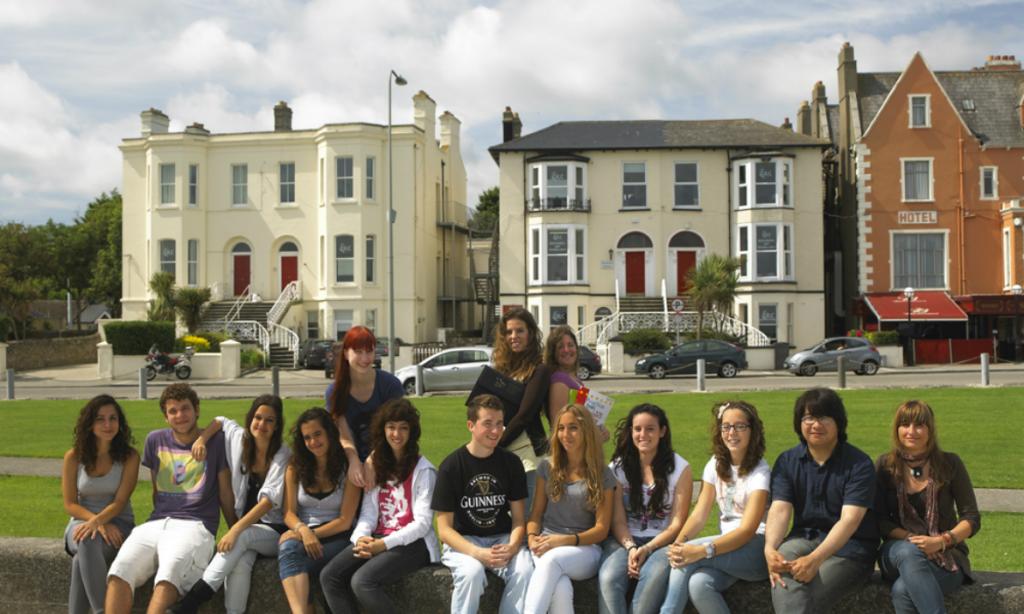
Further training in 44-FZ in Tyumen
Institute "Expert" in the city of Tyumen has been studying for many years.
In 2018, only in Tyumen, employees of more than 50 organizations studied full-time. Among the participants were workers in various fields of activity: social insurance, medical and educational institutions, fire and rescue services, police and private security, military units, and the administration.
Among the listeners were not only residents of the city of Tyumen, but also guests from the region.
Full-time training in 44-FZ in Tyumen traditionally includes 40 hours of classroom training with a teacher, according to the results of which a certificate is issued.
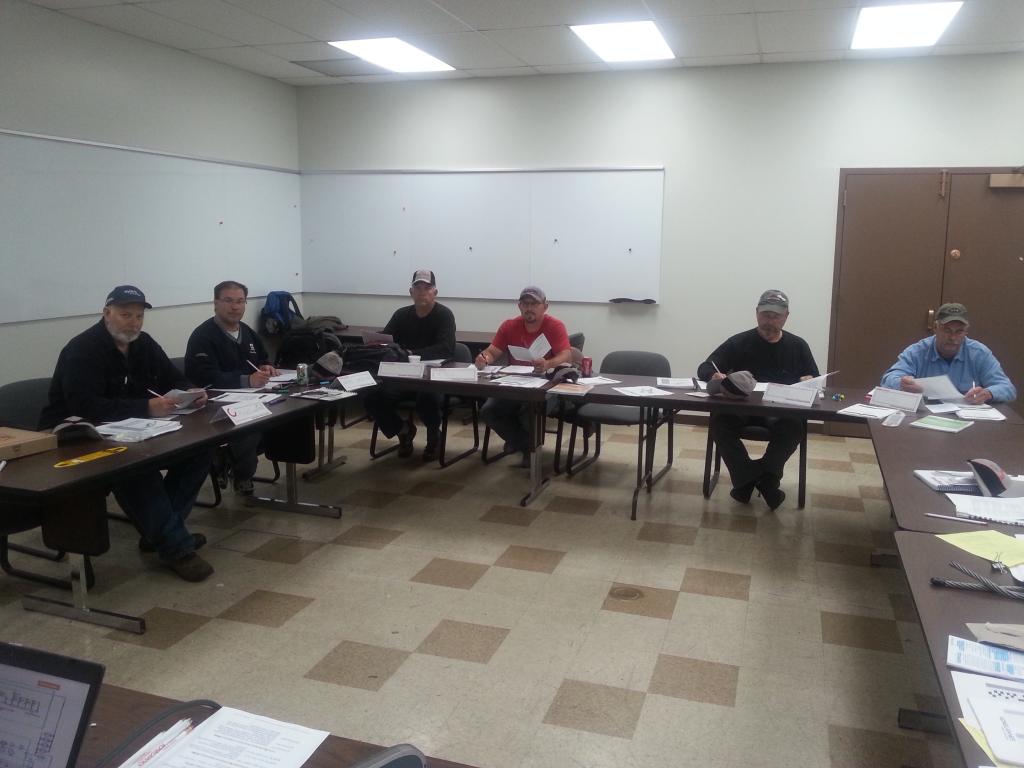
Conclusion
I would also like to add: it is necessary to engage in the professional development of employees, to improve their qualifications, if possible. This allows you to improve knowledge and skills in the profession, explore new areas and realize opportunities for innovation.
